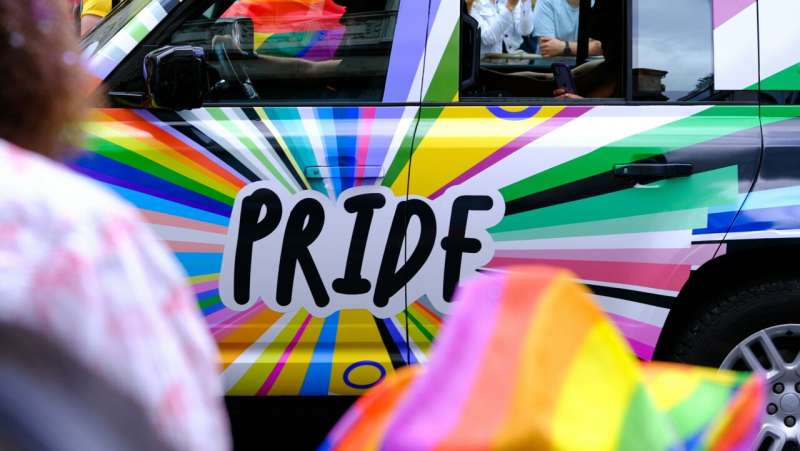This article has been reviewed according to Science X's editorial process and policies. Editors have highlighted the following attributes while ensuring the content's credibility:
fact-checked
trusted source
proofread
The challenge of LGBTQI+ inclusion at Big Four firms

The Big Four firms are eager to adopt progressive positions in support of diversity, but it doesn't always play out in reality for staff.
The experiences of LGBTQI+ people working in professional services are still heavily influenced by their clients, according to a new study from the University of Sydney Business School.
The research, published in Accounting, Auditing & Accountability Journal, is based on 56 in-depth interviews between 2018 and 2019 with LGBTQI+ staff and allies in Australia across the Big Four firms: Deloitte, EY, KPMG, and PwC.
The study was led by Dr. Matthew Egan, a Senior Lecturer in Accounting, Governance and Regulation at the University of Sydney, and explored the experiences of professionals during and following the legislative passing of marriage equality in 2017.
It found that while the Big Four firms each adopted progressive positions in support of diversity, LGBTQI+ staff reported feeling pressure to act differently to manage relationships with different types of clients—sometimes speaking openly about their sexuality to attract more progressive clients, and at other times remaining silent with more conservative clients.
"Each firm was keen to carve unique and bold responses to changing societal attitudes regarding sexuality and gender. There has been a clear move towards greater inclusivity, driven by societal changes and a recognition of the value of diverse perspectives," Dr. Egan said.
"For example, the firms were vocal supporters of the marriage equality campaign and advertised diversity and inclusion consulting services.
"On the other hand, the enduring influence of client expectations in consulting often complicates these efforts. Staff are required to continually adapt and negotiate their identities depending on the client."
Staff also reported feeling unsupported by their manager in some cases, when they experienced bigoted comments from clients.
However, when repeated issues arose with clients who were unwilling to adapt to the firms' changing values, the Big Four were also increasingly willing to lose those clients.
"The concept of 'the client' still holds significant sway, sometimes at odds with the firms' internal diversity policies. Nonetheless, we found that any privilege the more conservative clients might once have enjoyed was eroding," Dr. Egan said.
"The findings suggest that while firms are increasingly supportive, the reality for many LGBTQI+ professionals is still one of navigating complex and sometimes contradictory expectations. It's clear that further efforts are needed to ensure that diversity policies are effectively embedded and translate into everyday practice."
Dr. Egan said the research contributes to ongoing conversations about diversity and inclusion in the workplace, which has only become more contentious in the years since the interviews took place.
The findings call for a more nuanced understanding of how diversity initiatives interact with client relationships and the broader social context.
More information: Matthew Egan et al, LGBTIQ+ staff and shifting client power within professional services firms, Accounting, Auditing & Accountability Journal (2023). DOI: 10.1108/AAAJ-01-2023-6257
Provided by University of Sydney





















